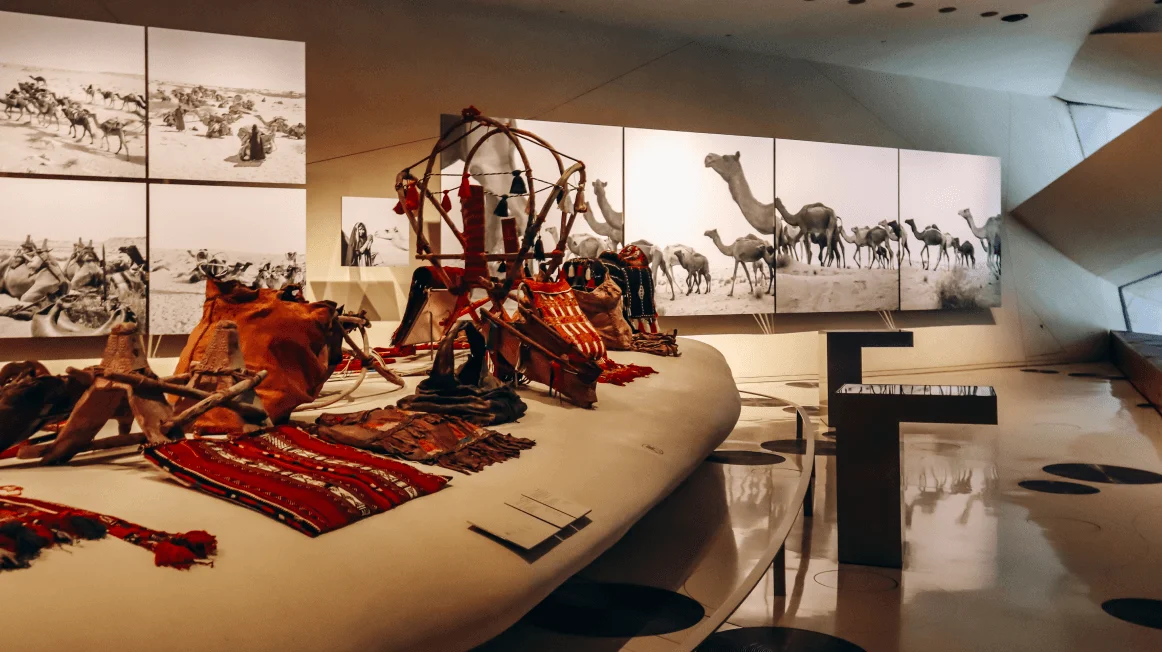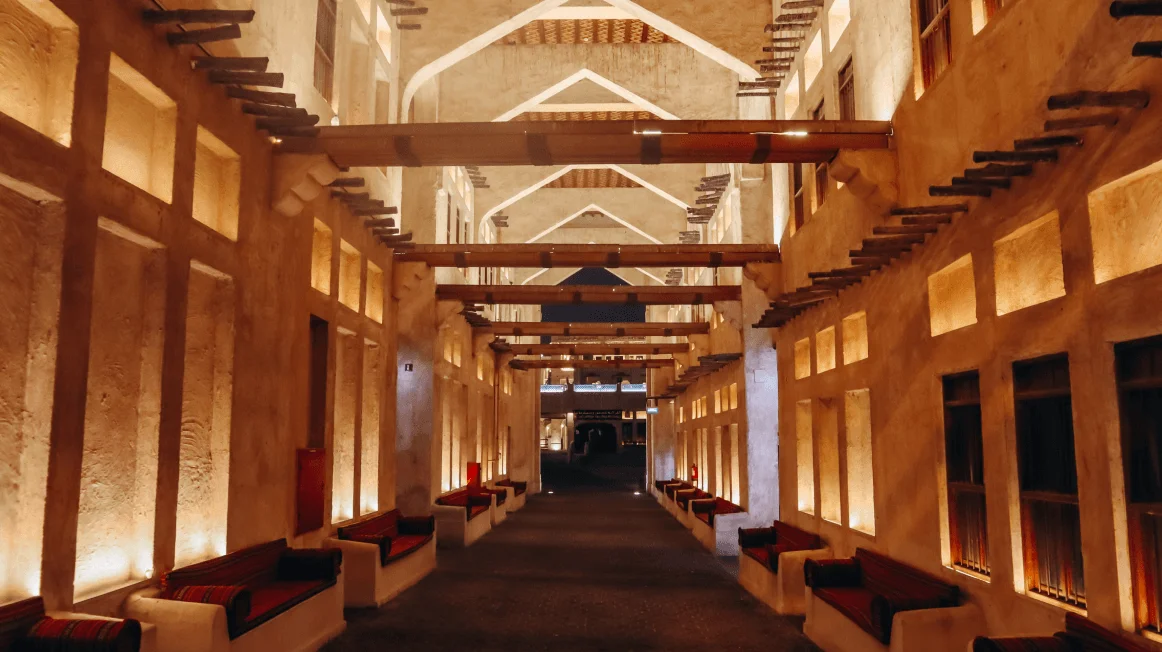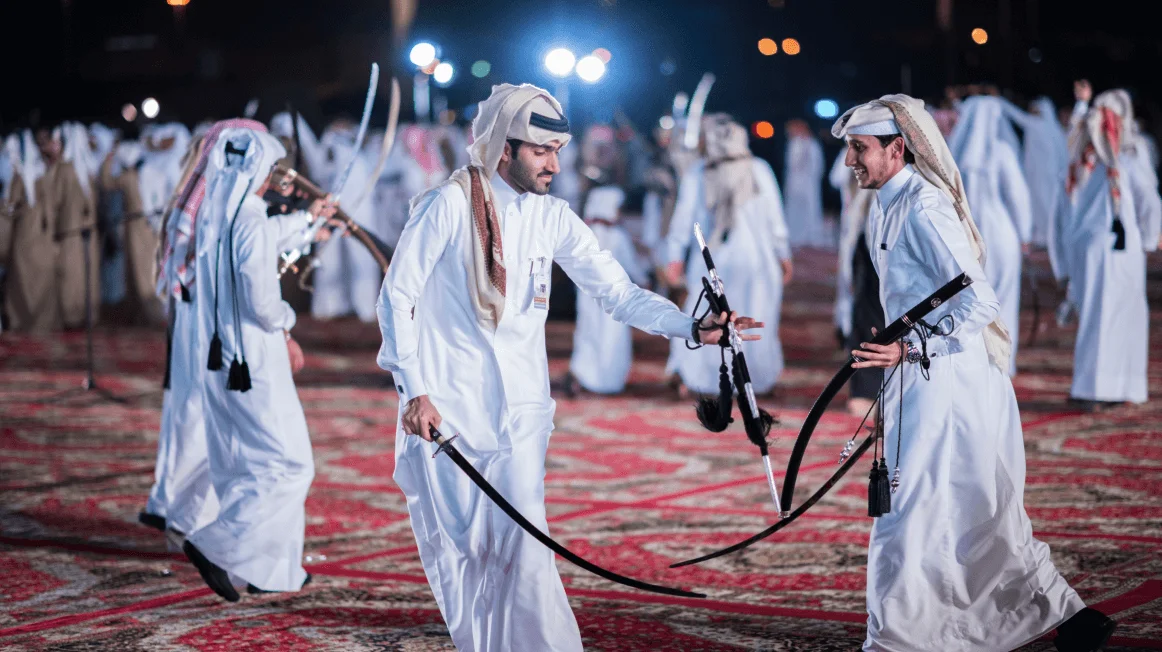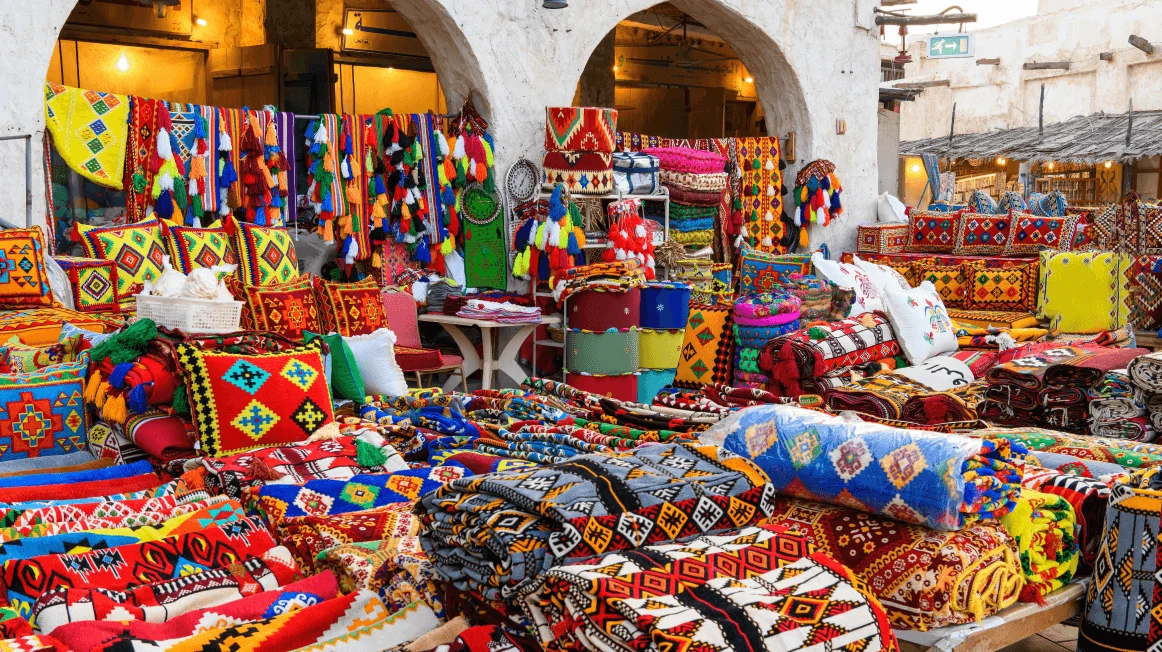
The rich history of these lands have woven stories across generations and it has been shaped by the forces of nature, trading and cultural exchange. The earliest inhabitants of these lands were known to be Bedouin tribes. They were engaged in herding, fishing and trading. The strategic location along the Arabian Gulf made Qatar an important stop along the most important trade routes. Economic success in the days of old came quickly as Qatar was the largest hub for pearl fishing and trading.
The 19th century saw the entire Arabian Peninsula fall into Ottoman hands which also included Qatar. Even though the nomadic Bedouin tribes put up a brave fight, it took many treaties between the inhabitants of the Peninsula and the British to stabilise the region. It was only in 1971 that Qatar won its independence from the British. The discovery of natural oil and gas reserves accelerated economic growth and transformed the landscape. With all that oil and gas money, the government soon began investing in infrastructure, healthcare and education.





